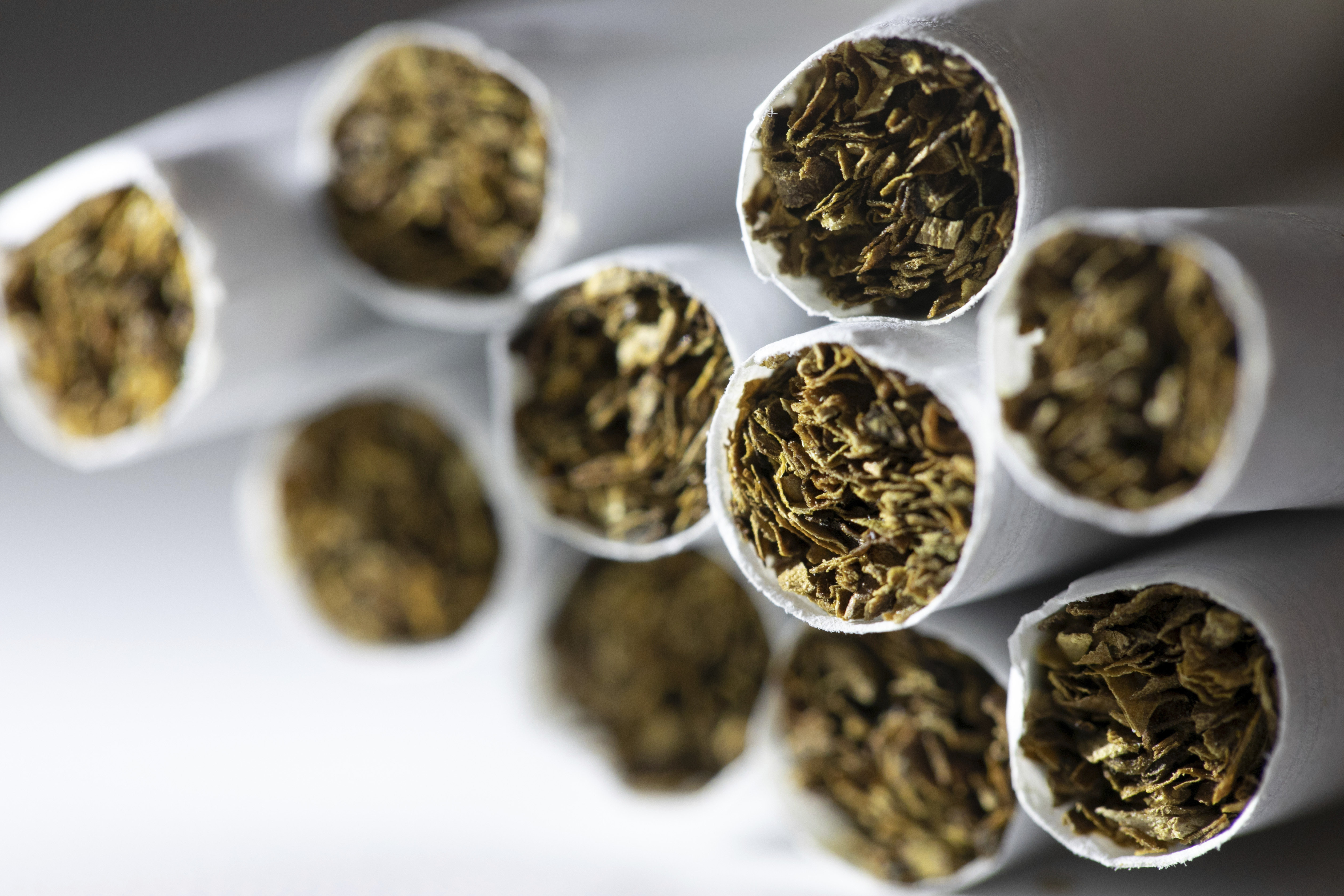America’s Strange Nicotine Regulations Somehow Just Got Even Weirder

Credit to Author: Alex Norcia| Date: Wed, 18 Dec 2019 18:30:17 +0000
On Tuesday, the Food and Drug Administration (FDA) announced that it would permit the sale of two new tobacco products: Moonlight and Moonlight Menthol, cigarettes that contain a much lower amount of nicotine than others currently available on the market.
Vape advocates and experts skeptical of cigarettes, whatever their nicotine content, were not happy.
Winning official FDA tolerance for any nicotine product is far from an easy process. The new cigarettes, made by the 22nd Century Group, which bills itself as "a plant biotechnology company with [the] important mission" of reducing "the harm caused by smoking," are available by way of a premarket tobacco application, or PMTA. The FDA describes that ordeal as "a rigorous science-based review" to prove the product will serve "the protection of the public health." The agency has determined that these cigarettes may essentially be a harm-reduction tool: In the FDA's view, Moonlight and Moonlight Menthol will have "the potential to reduce nicotine dependence in adult smokers" and the unlikelihood of non-smokers, especially youth, "to start using the products." (The FDA also cautioned that doesn't mean they are "safe.")
But vapers—which is to say millions of Americans, many of whom are convinced their preferred products play a far more effective harm-reduction role when it comes to nicotine addiction—remain on the outside of the public-health debate looking in. JUUL and other vape products have been sold for years in a sort of special window prior to the due date for their FDA bids. And some suspect the vape industry's own PMTA applications, due in May, may not go nearly as smoothly, potentially imperiling jobs and an alternative to what they say are far more dangerous products.
"Clinical trials on reduced-nicotine cigarettes have not only found poor cessation rates, but substantial dual use by participants of both reduced-nicotine cigarettes and normal cigarettes," said Gregory Conley, the president of the American Vaping Association, an industry advocacy group, referencing the data from a study published by top tobacco researchers.
Do you know something about drugs, legalization, or the vaping industry that we should? Using a non-work device, you can contact Alex Norcia securely via Signal at 201-429-7024 or email at alex.norcia@protonmail.com.
While someone like Conley might be expected to make such a case, he isn't alone in arguing vaping is both the safest option for smokers who wish to quit—and that the PMTA requirement could put people out of business while leaving more lucrative and politically savvy manufacturers, like powerhouse JUUL, to cash in. (The FDA declined to comment beyond its original statement on Tuesday.)
"It is a sign of the failings of the FDA's law that the agency is pursuing policies that make it easier to get the lethal smoke without the nicotine while simultaneously making it harder to get the nicotine without the smoke," echoed David Sweanor, an adjunct professor in the law department at the University of Ottawa and an expert in the global tobacco industry.
In April, a few months before the crop of (now mostly THC-linked) vaping-related illnesses ballooned in the U.S. and JUUL underwent congressional hearings and criminal probes for its marketing practices, the FDA also revealed that it would allow the IQOS to be marketed. That device, sold throughout the world by Philip Morris International but in the U.S. by its spin-off Altria (which has a 35 percent financial stake in JUUL), heats the tobacco, instead of burning it, which the FDA has said may "produce fewer or lower levels of some toxins than combustible cigarettes."
The IQOS arrived quietly, as the Atlantic recently noted, as a hip-looking retail store opened up in Atlanta with little fanfare or media buzz—a symptom, some have speculated, of the nation's undue focus on vaping.
That focus has produced one (likely) policy change that is less controversial, though: raising the federal age to purchase tobacco and nicotine products to 21. But experts who believe vaping is safer than smoking were still left flabbergasted by the government giving cigarettes of any kind, with low-nicotine or high-nicotine levels, an even putative green light in 2019.
"Soon, the FDA will be requiring burdensome applications for much safer e-cigarettes to remain on the market, but real cigarettes are not required to submit anything for the right to continue killing hundreds of thousands of Americans each year," said Michael Siegel, a professor of community health sciences at Boston University. "This is the exact opposite of how tobacco product regulation should work. It should be the more hazardous products that have to justify their existence, not the much safer ones."
Sign up for newsletter to get the best of VICE delivered to your inbox daily.
Follow Alex Norcia on Twitter.
This article originally appeared on VICE US.